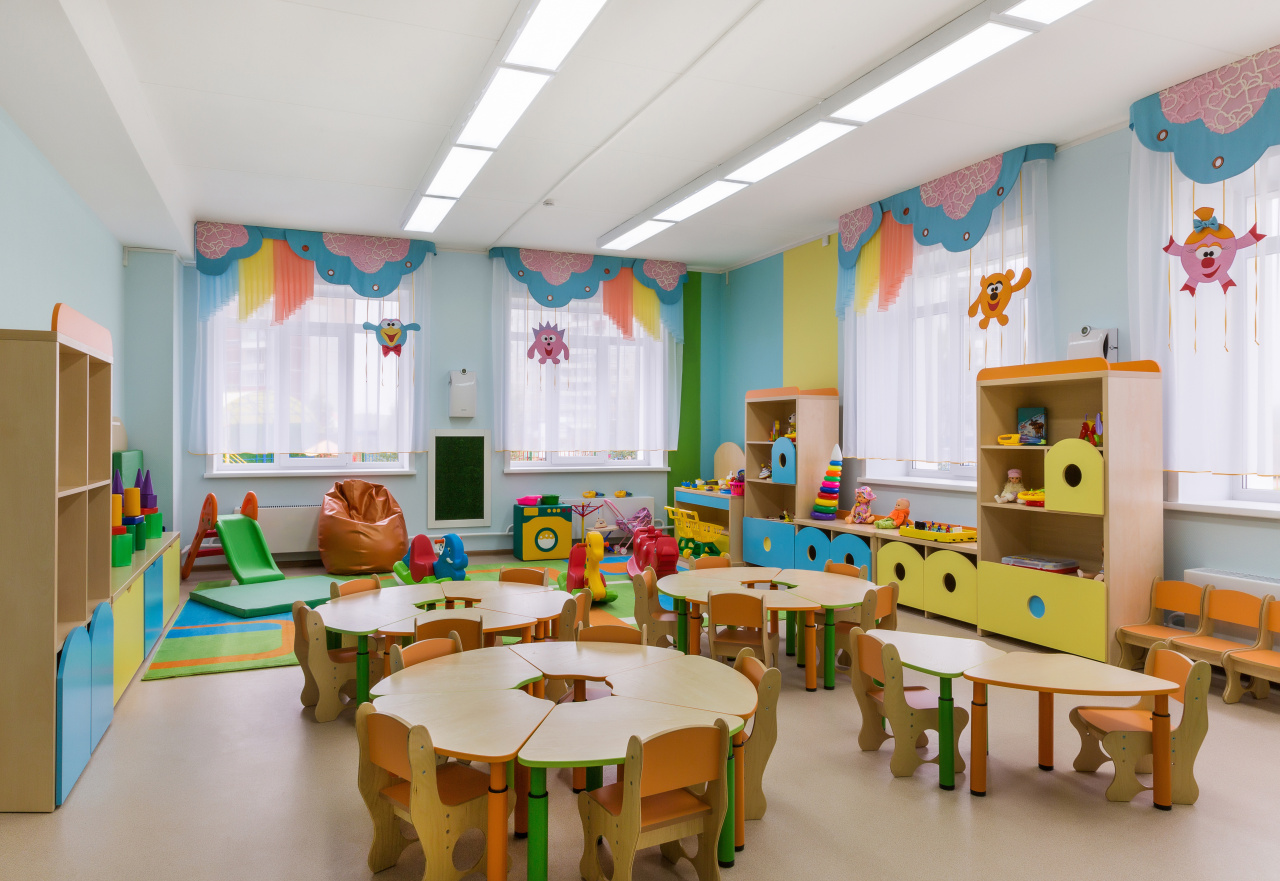 |
(123rf) |
Education superintendents of 17 cities and provinces across the country have called on the central government to provide subsidies for kindergarteners of foreign nationality.
The National Council of Governors of Education passed the proposal to offer financial support for foreign kindergarteners in its regulatory meeting on May 13, the Seoul Metropolitan Office of Education said Monday.
The government currently covers tuition for elementary, middle and high school students of foreign nationality. But the Education Ministry’s subsidy guidelines leave out kindergarteners of foreign nationality, except for refugees.
The proposal, first drafted by the Seoul Metropolitan Office of Education, aims to revise the government’s subsidy guidelines so that kindergarteners of foreign nationality aged three to five can receive the tuition aid.
Korean children aged 3 to 5, who attend public kindergartens, receive 130,000 won ($115) in monthly government subsidies, while those enrolled at private kindergartens are given 330,000 won each month.
According to the Education Ministry, there were 4,211 kindergarteners of foreign nationality in Korea as of March last year. Of them, 2,384 were enrolled at public institutions. This means expanding government subsidies for them would need an additional 10.5 billion won ($9.3 million) every year.
Some local governments have come up with their own ways to help foreign kindergartners. The Gyeonggi Provincial Office of Education, for instance, launched a pilot project last month to provide tuition support for kindergartners of foreign nationality for a year in four cities in the province.
“The government should proactively consider the issue of not providing tuition for children of foreign nationality who attend kindergartens,” Seoul Education Superintendent Cho Hee-yeon said. “All children should be guaranteed opportunities for childhood education without discrimination.”
The Seoul Metropolitan Office of Education argues that excluding kindergarteners of foreign nationality from government subsidies goes against the UN Convention on the Rights of the Child, which is ratified by 196 countries. South Korea signed up to the treaty in 1990.
According to the treaty, all children have the right to benefit from the social security system of the countries they live in, which should take necessary measures to achieve this.
But it is not straightforward to extend government subsidies to cover foreign kindergarteners.
“Education laws at the moment are focused on providing support for Koreans,” an official at the Education Ministry told The Korea Herald.
Article 1 in Framework Act on Education states that the purpose of the act is to stipulate the rights and duties of the Korean people and the responsibilities of state and local governments in regards to education.
Asked about the subsidies being provided to only elementary, middle and high school students of foreign nationality, the official explained that they are subject to compulsory education, unlike kindergarteners.
“The Ministry of Education is thoroughly reviewing the proposal, considering education guidelines and related regulations. But at the moment, we cannot assertively say whether the subsidies can be extended,” the official said.
By Kan Hyeong-woo (
hwkan@heraldcorp.com)








![[Today’s K-pop] Blackpink’s Jennie, Lisa invited to Coachella as solo acts](http://res.heraldm.com/phpwas/restmb_idxmake.php?idx=644&simg=/content/image/2024/11/21/20241121050099_0.jpg)